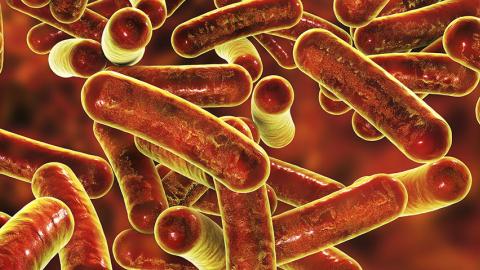USDA, Economic Research Service (ERS) provides economic analyses of issues that affect the safety of the U.S. food supply. USDA is responsible for regulating meat and poultry, processed egg products, and catfish, whereas the U.S. Food and Drug Administration (FDA) oversees food safety for fresh eggs and almost all other foods.
USDA, ERS examines how private markets and government regulation interact to help ensure a safe U.S. food supply. This research covers several key areas:
- Private market mechanisms affecting food safety;
- The impact of new or changing Federal regulations on food safety;
- Regulation of food handling and processing practices (e.g., meat and poultry slaughter, produce packing and shipping, etc.);
- Technology innovation to enhance food safety; and
- Food safety and trade (i.e., imports and exports).
USDA, ERS research examines several aspects of food safety including:
- the impact of recalls on product demand and processor behavior, and the effectiveness of litigation in compensating victims of foodborne illness;
- foodborne disease outbreaks, labeling and traceability issues, and the impact of government regulation on the food safety performance of meat and produce establishments;
- the characteristics of food producers that encourage food safety;
- market mechanisms, such as contracts or alliances, that commercial buyers develop to encourage better food safety performance; and
- the interplay of regulations and marketing incentives in promoting food safety.
USDA, ERS also analyzes global food safety issues. A globalized food supply means new food safety risks in which contaminated food can be spread across larger geographic areas and previously controlled food safety risks in one country may be introduced into other countries. Food safety concerns may affect demand for certain products, limit market access for some exporters, alter domestic production, and influence international food trade patterns.
Users may also be interested in Food Safety: Consumers.


